Sorry, that’s old news…
You’ve found an older news story. We delete stories from our AAP News Feed after two months. But fear not, here’s today’s news!
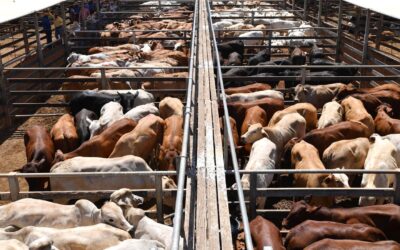
An elusive EU-Australia free trade agreement could soon be finalised, with Australia's trade minister confident a ...
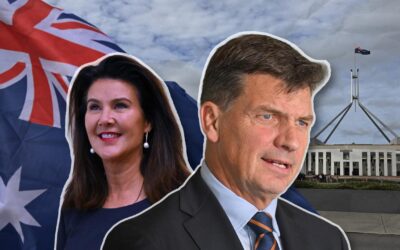
The opposition's newest leader Angus Taylor faces the mammoth tasks of retaining a safe seat and mending the ...
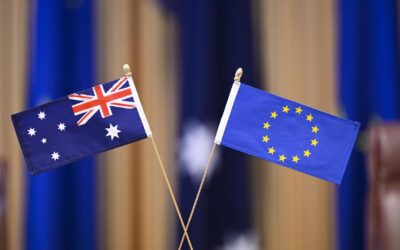
There are signs of progress in the EU-Australia trade talks after Australian Trade Commissioner Don Farrell met ...

One of the Middle East's most prominent business figures, Sultan Ahmed Bin Sulayem, has been forced to resign over ...

There remains a long way to go for Indigenous reconciliation as racism continues to fester, almost two decades on ...
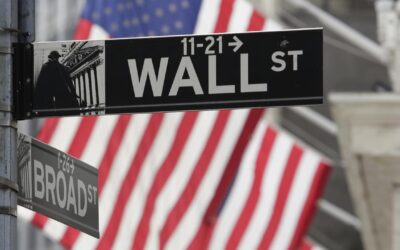
MSCI's broadest index of Asia-Pacific shares outside Japan fell 0.6 per cent, trimming this week's gain to 4.1 per ...
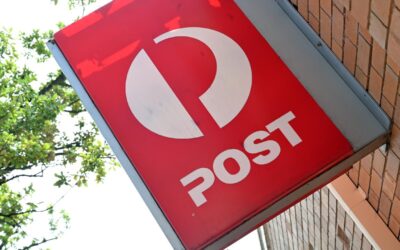
The number of letters being posted is at its lowest level in nearly a century, sparking another call to ease ...
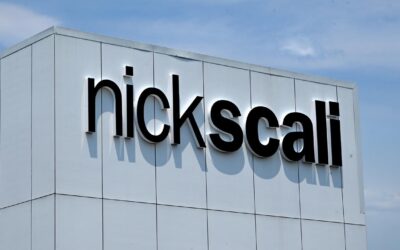
Furniture retailer Nick Scali continues to grow, but its foray into the United Kingdom is still weighing on it ...
No results found.
Background image courtesy victoriancollections.net.au